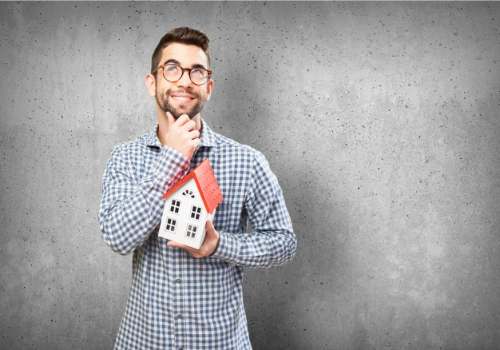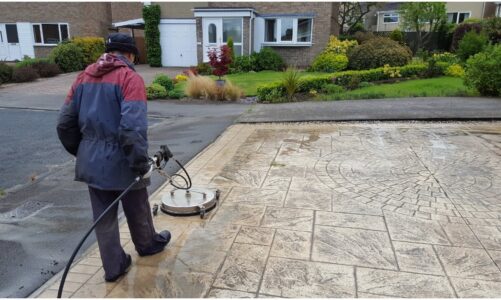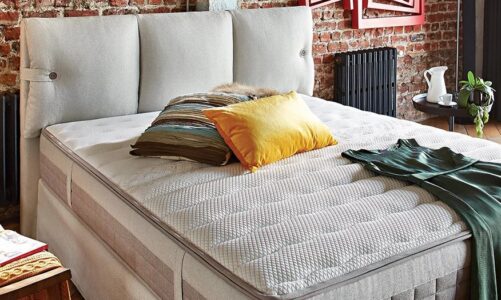Most young people do not purchase a home when they start living independently.
They rather rent an apartment. The main reason is that it costs a lot to buy a home. They choose to buy a home when they build up their careers and manage to save some money.
The reality is that these same people decide to sell their homes and start living in a rented apartment when they become older.
The number of homeowners in the USA has been decreasing for many years. Young buyers can not simply manage to save enough money to buy a home. In order to know whether to rent a home or buy one, some important factors should be evaluated.
Advantages of buying a home
There are some undeniable advantages of buying a home. Below are a few of them.
First of all, you build equity over time. When you put a dollar toward your loan’s principle, it represents a dollar of equity. When you reach 20% equity, you can refinance your mortgage and get a lower interest rate.
You also get tax benefits like homestead exemption and federal tax deduction. Renters do not enjoy these benefits.
You can also turn your home into a source of income by renting a part of the home. If you move to a second home, you can rent the whole of the property.
When you are a homeowner, you enjoy more creative freedom. You can have fun in your home the way you like without worrying about what others are thinking.
Your own home will also provide you a sense of belonging. You can also exert your influence as a member of a community and enjoy your life.
Disadvantages of buying a home
There are also some disadvantages of buying a home. The first disadvantage is that you run the risk of financial loss.
Of course you build equity, but it does not mean automatic profit. When you sell the home, you run the risk of a financial loss if home values in your area decrease.
When you are a homeowner, you have more responsibilities for maintenance and repairs. You have to maintain all the costs. If you live in a house for many years, the value of your home will decrease.
When you purchase a home, it is unlikely that you will get the home fully furnished. You have to spend time and money to furnish the home.
Besides, you have to spend a high upfront cost. This cost will depend on the size of your down payment and the value of your home.
Advantages of renting
You are living in a home that is not your own. It may not sound like a good thing, but it has some advantages.
You do not have the responsibility for maintaining or repairing the home. If something needs to be fixed, you do not need to call an expensive technician, you just have to call the owner of the home.
If you need to relocate, you don’t need to undergo a complex procedure. You have to spend some money when you break a rental lease, but you can offset it by subletting the apartment.
The credit requirements are not very strict. You certainly will have to undergo a credit check, but the landlord will be willing to rent you if you are not bankrupt. Homeowners do not enjoy this benefit and they typically have high credit standards.
Disadvantages of renting
Living in a rented apartment has its downsides. Even if you live in a rented apartment for a very long time, you are not able to build equity in the property. That is why buying is a better decision if you plan to stay in a place for more than 4-5 years.
You do not enjoy federal tax benefits. Only homeowners are eligible for federal tax credits or deductions that are related to housing. If you live in a rented house, you may have to pay several hundred dollars more per year.
You also have a limited housing security. Housing costs often go up and you do not have any control over the changing costs.
When your current lease expires, your landlord may raise your rent. On top of this, once your lease expires, you will either have to move to a new apartment, which can be inconvenient and expensive, or stay (which can also be bad if you have problems with your current living situation).
If you decide to move to a new apartment, you will need to hire a moving company , or deal with the stress of moving yourself.
Keep an open mind when you make a decision, because the final decision should come from you and your loved ones. Do not hurry. Take your time so that you do not need to regret in the future.
What Should You Look at Before Buying a New House
While TV shows will make you think that you need years of experience to actually know the value of a new house, you can really do a lot of things on your own. While no house is perfect, and you probably already have a good idea of what you want in your mind, certain issues need repairs that will cost much more than what you want. Here are some ideas to avoid those issues.
The Roof
A house is not just a kitchen, a bathroom, and a bedroom. There is one extra thing that is essential, everyone looks at, yet most buyers don’t even think about. The roof. Most roofs last for around 20 years, yet having to replace one can cost as much as 25,000 or even more. That’s a cost you don’t to surprise you when you get the house, so take the condition into account when you’re doing an offer.
The Foundation
Try to see if you can check out any damage in the home’s foundation, literally the place where everything rests on. If there’s a huge damage there, fixing it is probably not going to be worth it. In a similar note, check out the sewer and septic systems of the house. A damaged line is going to be an additional cost you’ll with by yourself, checking out any potential issues is going to help out.
The History
Find out any past insurance claims. These will help you find issues that are not so obvious and helps avoid nasty surprises. If the house is near a body of water, be sure to ask for flood insurance and whether it’s essential, as it can affect financing.
Water Damage
Lookout for places with water damage. The easiest way to see this is actually going to the basement, and checking out if it’s filled with dry furniture. If the utility systems or the basement storage are found some inches off the ground, that’s also another indicator that there might be water damage.
Electrical
If you’re looking for an older house, check the electrical systems and the wiring. While they might be functional, they could also provide a safety risk, and be much more difficult to insure. Not only that, but they’re also a lot harder to get insured. If you’re unsure about what an old fuse box looks like, having an electrician check out the details is a must.
Windows
The last quick tip is to check the condition of the windows. If they’re not airtight, utility costs will change considerably during the seasons. Efficient windows can increase savings in the long run, and can also help sell when you decide to take the home back to the market.




